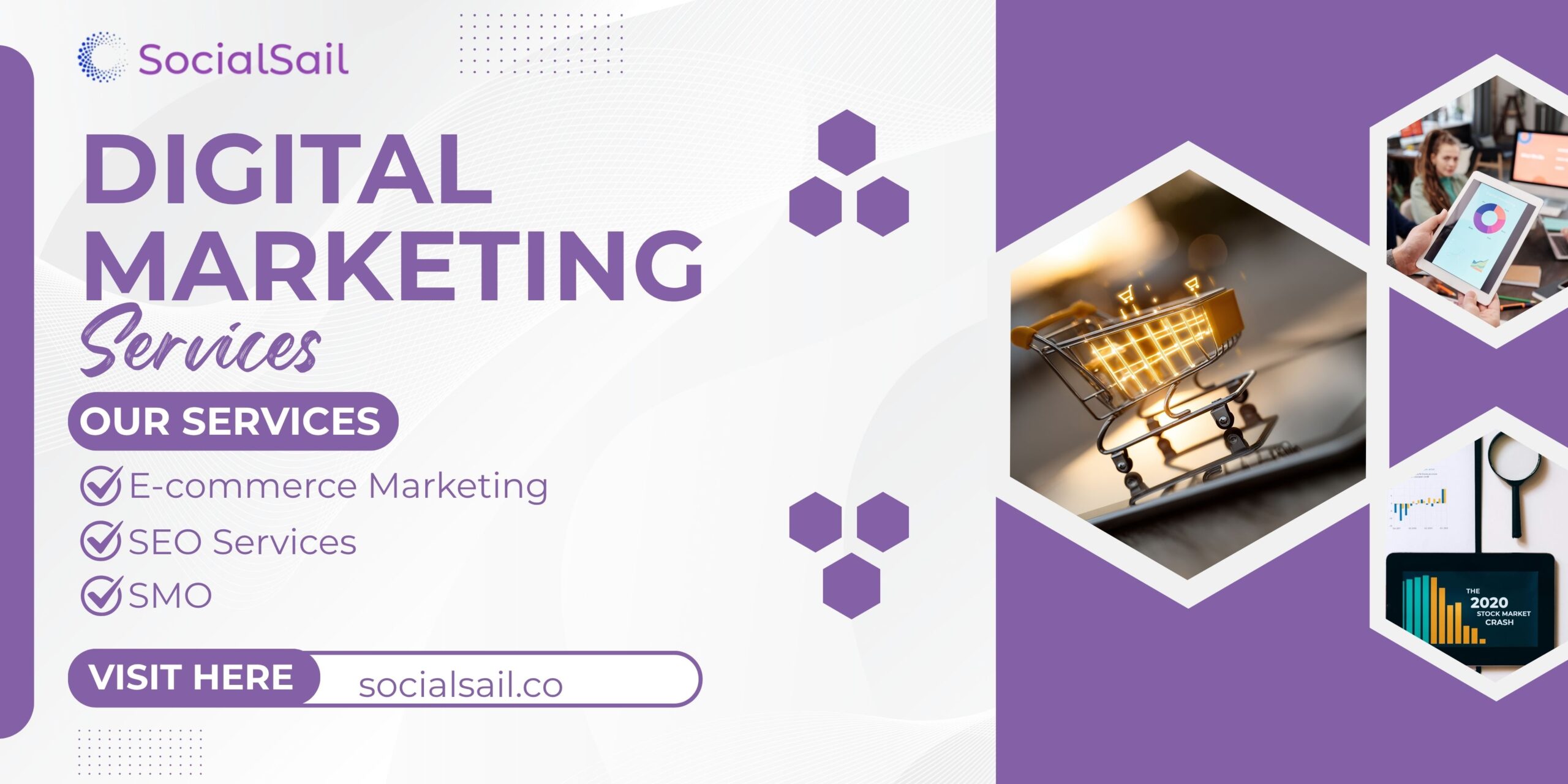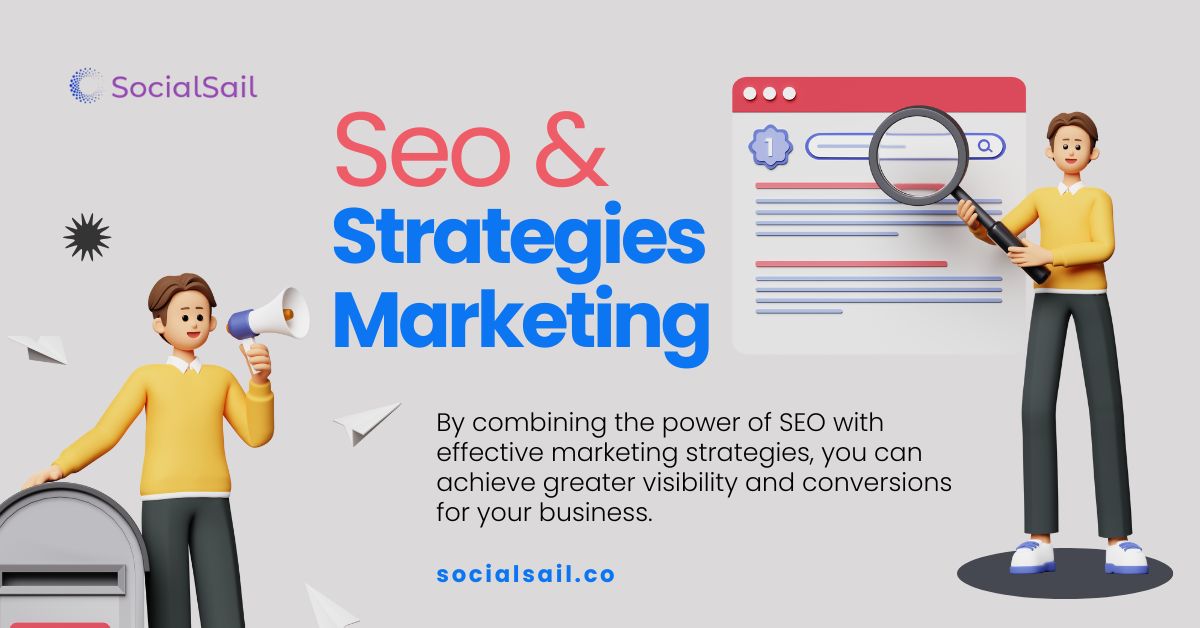In the fast-paced world of finance and technology, traditional marketing tactics no longer cut it. Fintech brands are redefining how consumers manage money, invest, and transact — and in 2025, standing out demands more than just innovation. It demands visibility, trust, and engagement. Digital marketing for fintech companies is the bridge that connects groundbreaking financial products to the right audiences. Whether you’re a startup offering blockchain solutions or a seasoned digital bank, mastering modern marketing is non-negotiable.
In this detailed guide, you’ll discover the strategies that actually drive growth in the fintech space today.

1. Know Your Fintech Audience
Before launching any campaign, understand who you’re speaking to. Fintech users range from digitally native Gen Z investors to cautious baby boomers shifting to online banking.
Key segments to focus on:
Young professionals using budgeting apps
Small businesses seeking invoice tools
Crypto enthusiasts and traders
Cross-border freelancers looking for fast payment apps
Tailor your tone, visuals, and offers based on these personas.
2. Build a Content-First Strategy
Content is still king, especially in finance, where education is crucial.
Digital marketing for fintech companies thrives on helpful, engaging, and informative content. Use blogs, whitepapers, guides, and videos to simplify financial topics.
Content ideas:
“How to start investing with £100”
“What is DeFi and how does it work?”
“Benefits of using AI-powered expense tracking”
Content improves SEO, builds authority, and fosters trust.
3. Optimize for Google (SEO is a Must)
SEO is your long-term growth engine. When someone searches “best personal finance app UK,” your brand should be on page one.
Fintech SEO tips:
Use keywords like “secure digital wallet” or “low-fee business loans”
Focus on high-authority backlinks from finance websites
Improve on-site speed, mobile usability, and security
Optimize for Google’s E-A-T (Expertise, Authoritativeness, Trustworthiness)
A professional digital marketing agency can help you stay compliant while optimizing your visibility.
4. Run Smart PPC Campaigns
Pay-per-click advertising is ideal for quick traction. Fintechs can target users actively searching for solutions.
Top platforms:
Google Ads (for search intent)
LinkedIn Ads (for B2B fintech targeting)
Twitter & Reddit (for crypto and finance forums)
Use strong CTAs and lead magnets like “Download Our Free Investment Planner.”
5. Be Active on the Right Social Platforms
Social media humanizes your brand. Share success stories, testimonials, infographics, and live Q&As.
Best platforms for fintech:
LinkedIn: B2B, professional updates
Twitter: Real-time updates, industry thought leadership
Instagram: Brand storytelling and culture
YouTube: Explainer videos, product walkthroughs
Use social listening tools to understand trends and user concerns.
6. Video Marketing Converts
In 2025, video content remains unmatched for engagement.
Video ideas:
Product demos
Animated explainers
User case studies
Tutorials
Short videos on TikTok or Instagram Reels are great for reach, while YouTube builds deeper engagement.
7. Email Personalization Works Wonders
Fintech customers expect relevant communication. Segment your email lists and send:
Welcome emails
Monthly financial summaries
Targeted product offers
Webinar invites
Avoid generic newsletters. Use automation tools to deliver value at scale.
8. Use Influencer and Affiliate Marketing
Finance influencers, bloggers, and YouTubers help build credibility. Affiliate partners can drive sign-ups for financial products, especially if your offer is clear and rewarding.
Ensure transparency and FCA compliance in every partnership.
9. Build Trust with Social Proof and Reviews
Trust is everything in fintech. Highlight:
Trustpilot ratings
Case studies
Client testimonials
Security badges and compliance (like FCA approval)
A clear privacy policy and secure checkout also reinforce trust.
10. Focus on Mobile-First UX
Most users interact with fintech brands on their smartphones. Mobile-first design is no longer optional — it’s mandatory.
Mobile UX tips:
Fast loading speeds
Clear CTAs
Minimal pop-ups
Simple navigation
A responsive, intuitive design boosts retention and lowers bounce rates.
11. Use Data & AI to Your Advantage
AI-driven analytics help personalize marketing, detect patterns, and optimize ad spend. Use these insights to adjust your message, retarget users, and scale campaigns efficiently.
12. Don’t Overlook Local SEO
If you offer regional services like business banking in London or loans in Manchester, local SEO can increase visibility.
Add your business to Google Maps
Include location-specific keywords
Use schema markup for fintech services
13. Leverage Webinars and Events
Host educational webinars around financial topics. It positions you as a thought leader and generates qualified leads.
Example topics:
“How AI is Revolutionizing Personal Finance”
“Understanding Cryptocurrency Regulations in the UK”
Promote through social, email, and paid channels.
14. Collaborate with a Specialized Digital Marketing Agency
Fintech brands benefit from working with an expert digital marketing agency that understands financial compliance, marketing trends, and consumer psychology.
A good agency can:
Design compliant campaigns
Manage multichannel advertising
Optimize SEO and content strategies
Deliver real ROI metrics
15. Test, Learn, and Adapt
Always A/B test ads, landing pages, and email subject lines. Monitor KPIs like:
CTR (Click Through Rate)
CPL (Cost per Lead)
Conversion Rate
Bounce Rate
Use tools like Hotjar, Google Analytics, and Mixpanel to understand user behavior and refine strategies.
Conclusion
Fintech is transforming the way we interact with money, and marketing is the heartbeat of that transformation. From content creation to SEO, social engagement to paid media, every tactic should work together to deliver value, build trust, and drive conversions.
The best results come when you combine innovation with consistency. So whether you’re a challenger bank, a blockchain startup, or a payment gateway provider, now’s the time to invest in digital marketing for fintech companies that truly drives results.




